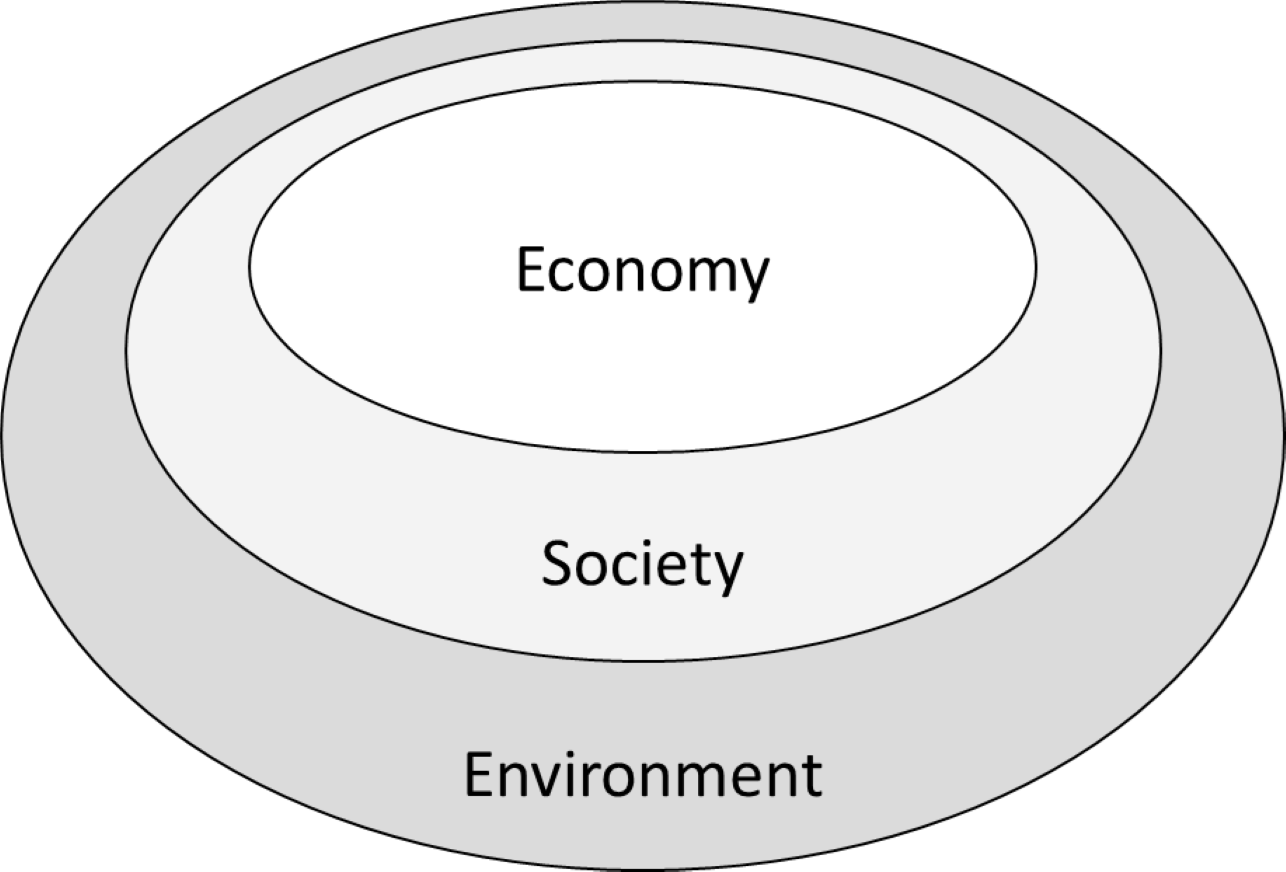Urban Planning for Sustainable Development: A Comparative Assessment of European Cities
In an already urban and urbanizing world, cities are central actors in sustainable development as both implementors and formulators of policy. The international policy agendas reflect this central role of cities, and it culminates in the urban SDG goal 11 to make cities inclusive, safe, resilient, and sustainable. Urban sustainable development (USD) policy agendas vary along both substantive and procedural dimensions, and this project systematically examines both as the two most important dimensions for urban sustainable development to comparatively examine the role of cities in the transformation towards a more sustainable future. This project builds on multiple methods including survey experiments, automated text analysis, and semi-structured interviews.
Introduction
The project is important both societally and academically. Societally, cities are places and players in global sustainable development. Given this importance, it is just as critical to study the USD policy agendas of cities systematically and comparatively as it is to understand the USD policy agendas of countries. Academically, this project is important in a couple ways. It contributes new, publicly available data to the field concerning USD policy agendas across European cities and interviews assessing residents’ participation in urban sustainable development. This project is comparative in nature. It analyzes the procedural and substantive dimensions of USD policy agendas across eight European cities. Building on this, this comparative aspect goes beyond the anglophone world and considers cities across Europe and comparatively understudied cities outside the C40. Furthermore, the comparative work is sensitive to path-dependent and place-specific idiosyncrasies in urban policies. The complex comparative nature of the project allows for knowledge that is case specific and generalizable.

The Project
The goal of the research is to provide major advancements in systematizing and explaining the huge variety in the substantive and procedural dimensions of USD policies. There are three research questions stemming from this goal guiding the project. First, what is the scope and profoundness of substantive and procedural aspects of USD policy agendas of European cities? Second, what kind of USD policy agendas are formulated in European cities and how can we explain their difference? Third, how are USD policy agendas formulated and implemented and how is the interaction/involvement between local governments, local elites, and residents in these policy making processes? To answer these questions, the project builds on multiple methods which range from survey experiments to automated text analysis and semi-structured interviews, making it truly mixed methods. This combination of large-n and small-n analysis enables comparative USD policy analysis along substantive and procedural dimensions while paying close attention to path-dependent and place-specific idiosyncrasies. In doing so, it does justice to individual cities while allowing for comparative policy analysis.
Publications
Wittwer, Stefan, Katrin Hofer, and David Kaufmann. 2023. external page An urban take on sustainable development policies and corresponding positioning strategies. npj Urban Sustainability 3, 1.
David Kaufmann, Michael Wicki, Stefan Wittwer, and Jake Stephan. 2024. external page Democratic discrepancies in urban sustainable development.
Nature Sustainability, doi: 10.1038/s41893-024-01425-4.
Team Members
Principal Investigator
Deputy head of Inst Spatial and Landscape Development / Head of Network City and Landscape ARCH and BAUG
Raumentwicklung und Stadtpolitik
Stefano-Franscini-Platz 5
8093
Zürich
Switzerland

Researcher
Raumentwicklung und Stadtpolitik
Stefano-Franscini-Platz 5
8093
Zürich
Switzerland
Researcher
Inst. f. Raum- u. Landschaftsentw.
Stefano-Franscini-Platz 5
8093
Zürich
Switzerland